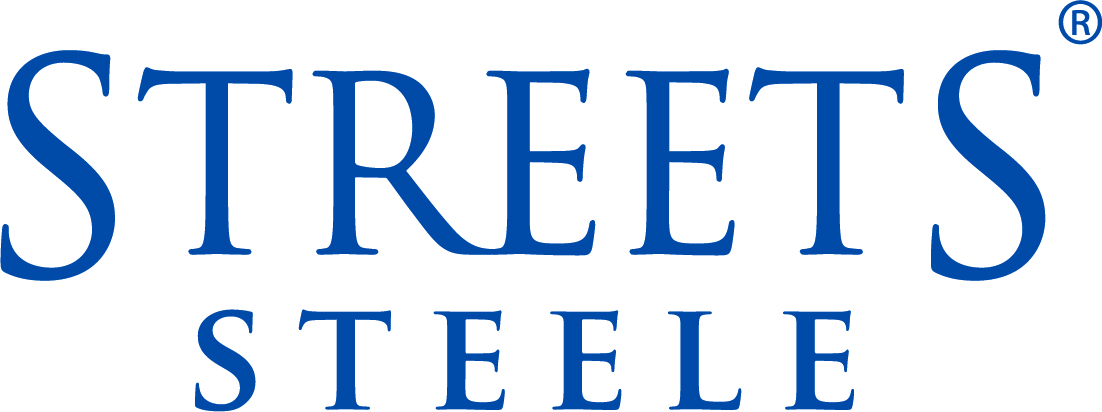One of THE most common questions we get asked by business owners is “What expenses can I claim on my taxes?”
For both new and experienced business owners, this can sometimes cause a lot of confusion, and sometimes they may have had different answers from different people.
So, below we will walk you through the most common areas asked about, as well as some of the problem areas where people can sometimes go wrong!
What does “claiming expenses” mean?
So when someone asks us “What expenses can I claim?” – what does this really mean?
Claiming an expense means you can deduct it from your income, to reduce your profits. Let’s remind you below of how tax works:
Income (Sales) = £1,000
Less expenses = £500
Profits = £500 – this is what gets taxed
Therefore, the MORE expenses you claim, the smaller your profits will be.
The smaller your profits, the smaller the tax bill.
As your expert Bristol Accountants, we ensure our clients always maximise the expenses they claim on their taxes to reduce their tax bill.
What are the main expense areas I can claim for?
Some clients will speak to us and say “I run a simple business, I don’t think there is anything I can claim for” – absolutely NOT!
The main rule to be aware of is:
“Expenses incurred wholly and exclusively for business…”
What does this mean?
It just means, if the cost relates to your business fully (and is in no way a cost for you personally) you should be able to claim it.
There are many costs to running a business that you may not realise you can claim for.
- Insurance – most businesses will need some type of insurance (Professional indemnity, Employers liability, Public liability etc)
- Motor expenses – even if you use your own personal car, you could be claiming mileage for any journey related to business (not to a single, fixed place of work though)
- Mobile Phone – all businesses are allowed to claim for 1 mobile phone per employee (tax free for that employee too)
- Bank fees/interest – most business bank accounts will have fees & charges which you can claim
- Stationery & postage – Any office essentials you buy for business & admin can be claimed
- Home expenses – if you run your business from home, you can of course claim towards some home costs. The 2 main ways would be:
- a flat rate of £6 per week
- a business proportion of your actual home costs (this is a little more complex)
- Equipment – whether it is a new laptop, machinery you need, hotel furniture etc, this is all allowable
- Travel & Food – if you have to travel for business, these costs are allowable! Even some food (subsistence) is allowable too
- Stock – of course, if you buy & sell goods, or manufacture them, the cost of stock or raw materials can all be claimed
- Marketing – whether it is an ad in a magazine, or the cost of running Facebook or Instagram ads, be sure to claim for these
- Subcontractors – if you run your business and need to pay for help, you may subcontract that work out to someone else. YES, you guessed it, you can claim these costs
This is just a brief list of the most common expenses that most businesses will have.
Common mistakes when claiming expenses
So we often see the same errors being made when claiming costs through your business. Here are some examples to make you aware of:
- Fuel – if the Business doesn’t own a vehicle itself, it is more likely that you should be claiming a “mileage rate” of 45p per mile for any business miles done using your own vehicle – check with your Accountant!
- Entertainment – although you may see Entertainment on your set of Accounts as an expense, on your Tax Return, it will likely just get added back, meaning it isn’t deducted after all!
- Home expenses – as mentioned above, you can claim a certain level of expenses if working from home or running your business from there. However, it isn’t as easy as just claiming for all of the costs directly!
- Food & Drink – your business cannot claim for the cost of your own meals on a daily basis. It is usually only allowable when claiming during business travel. Our easy way of explaining this is “If the food/drink is purchased in the town you live, don’t claim for it”
- Costs in your own name – this is more relevant to Limited Companies. If the cost is in your name and not the Company’s, it is likely to be difficult to claim for it. Try to have the invoice addressed to the Company
Our app choice for expense claims
As Xero Accountants in Bristol, we LOVE a good app that connects to Xero!
For expenses, we have a few!
- Xero expenses app – Xero has it’s own app to use for expense claims
- Receipt Bank – for larger Companies, we would suggest checking out Receipt Bank
- Soldo – if you have employees that give you expense claims, check out Soldo, it will change your life!
As with all things Accounts and Tax related, this is just a TINY example of what can and cannot be included.
If you are VAT Registered, things can get even more complex, so make sure to check with your Accountant
If you have any specific questions, or would like to talk through moving to Xero or an expense app, get in touch!



